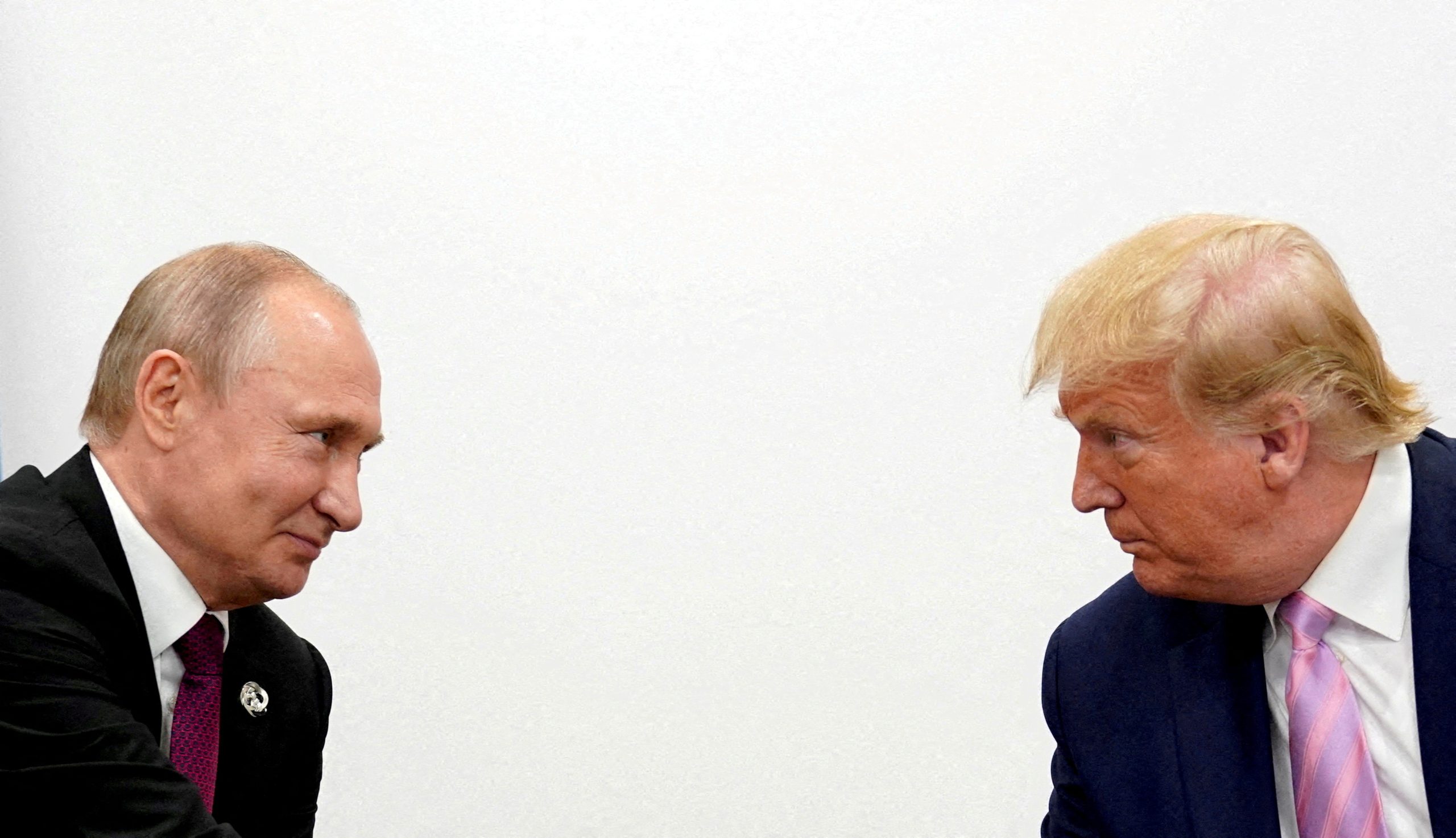On March 18, 2025, U.S. President Donald Trump held a phone call with Russian President Vladimir Putin. This was the second such conversation following the one on February 12. The call, which focused on key issues such as the Ukraine conflict and the normalization of U.S.-Russia relations, was seen as a crucial moment that could potentially lead to a breakthrough in the Ukraine conflict.
The Flexibility of U.S. Foreign Policy
Since taking office, Trump has demonstrated a significant degree of flexibility in U.S. foreign policy. Unlike the previous Biden administration, which adopted a hardline stance against Russia, Trump has repeatedly expressed his willingness to cooperate with Putin and has attempted to directly engage in dialogue to resolve the Ukraine conflict. During this call, Trump proposed a 30-day ceasefire on energy infrastructure attacks between Ukraine and Russia, a suggestion that was positively received by Putin. This flexible diplomatic approach reflects Trump’s desire to quickly resolve the Ukraine conflict and reduce U.S. military and economic involvement in the region. It also shows his intention to improve U.S.-Russia relations and reshape America’s international influence.
The Role and Interests of the U.S. in the Ukraine Conflict
The United States has played a pivotal role in the Ukraine conflict. Although the U.S. claims to support Ukraine’s sovereignty and territorial integrity, its actual actions in the conflict are complex and multifaceted. Trump’s administration hopes to push for a ceasefire agreement through direct dialogue with Russia, thereby reducing the negative impact of the conflict on U.S. interests. However, this approach has raised concerns among European allies, as direct U.S.-Russia negotiations seem to exclude Europe, diminishing its influence in the Ukraine conflict.
The U.S. interests in the Ukraine conflict mainly focus on two aspects: first, reducing military expenditure to avoid further burdening the U.S. economy with an escalating conflict; and second, using an agreement with Russia to realign U.S.-Russia relations and gain more strategic space in other international affairs.
The Impact of U.S. Domestic Politics on Foreign Policy
Trump’s foreign policy is to some extent constrained by domestic politics in the United States. Although he hopes to resolve the Ukraine conflict through cooperation with Putin, there is still significant political polarization and partisan division within the U.S. The Democratic Party is skeptical of Trump’s Russia policy, arguing that it may harm America’s long-term interests. Moreover, the anti-Russia sentiment in the U.S. also limits the diplomatic flexibility of the Trump administration to some extent.
Conclusion
The phone call between Trump and Putin reflects the flexibility of U.S. foreign policy and the complex interests of the United States in the Ukraine conflict. Although the two sides have reached some consensus during the call, achieving a comprehensive peace in the Ukraine conflict still faces many challenges. The U.S. needs to balance its own interests with its allies’ concerns and avoid triggering new international conflicts due to unilateral diplomatic actions.

